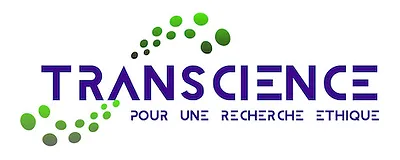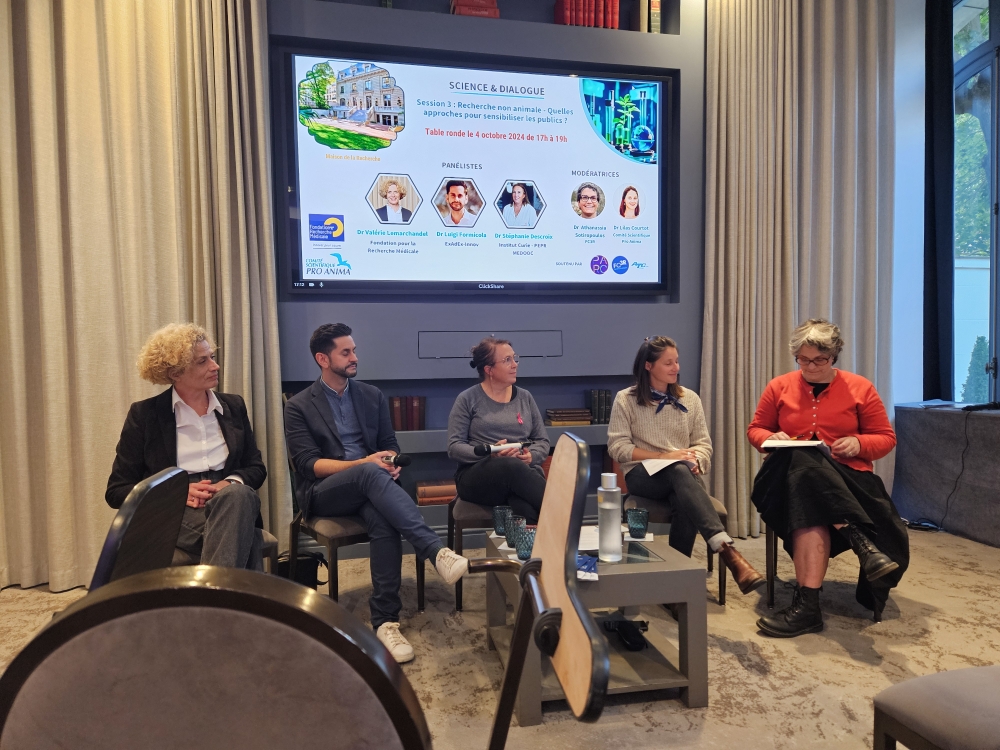On November 12, 2024, a symposium on “Mini-organes and early in vitro embryos: what’s at stake?” was held at the French Academy of Sciences.
Symposium presentation
Organoids and embryoids are three-dimensional structures generated from stem or pluripotent cells that mimic, in vitro, the development and functionality of tissues, organs or embryos. When generated from patient cells or genetically manipulated, but also when subjected to various experimental conditions, they can provide insights into the etiology of numerous pathologies. The phenotypes they express also provide the basis for research into therapeutic approaches. Embryoids, a more recent development, reproduce all or part of an embryo and enable us to understand the early stages of development and implantation, which are inaccessible in vivo in humans. The aim of the symposium is to illustrate the potential and prospects of these approaches, but also their limits, by presenting a few examples of applications in fundamental or translational research on several organs (retina, intestine, brain) as well as on the embryo. It also discusses the ethical aspects associated with the in vitro genesis of functional structures from human cells.
Interventions :
- Nathalie Vergnolle, Inserm Research Director, Digestive Health Research Institute, Toulouse: “Intestinal organoids: past, present and future in research and medicine”.
- Botond Roska, Institute of Molecular and Clinical Ophthalmology (IOB), Basel, Switzerland: “Developing new therapies using human organoids”.
- Sandrine Passemard, Professor of Child Neurology at Hôpital Robert Debré, Paris: “Developing new therapies using human organoids”.
- Denis Duboule, Professor at the Collège de France, “La fabrique des embryons” (The embryo factory)
- Hervé Chneiweiss, Emeritus Research Director at CNRS, neuro-oncologist at APHP: “Organoids: from ethical issues to a best practice guide, the results of project HYBRIDA”




